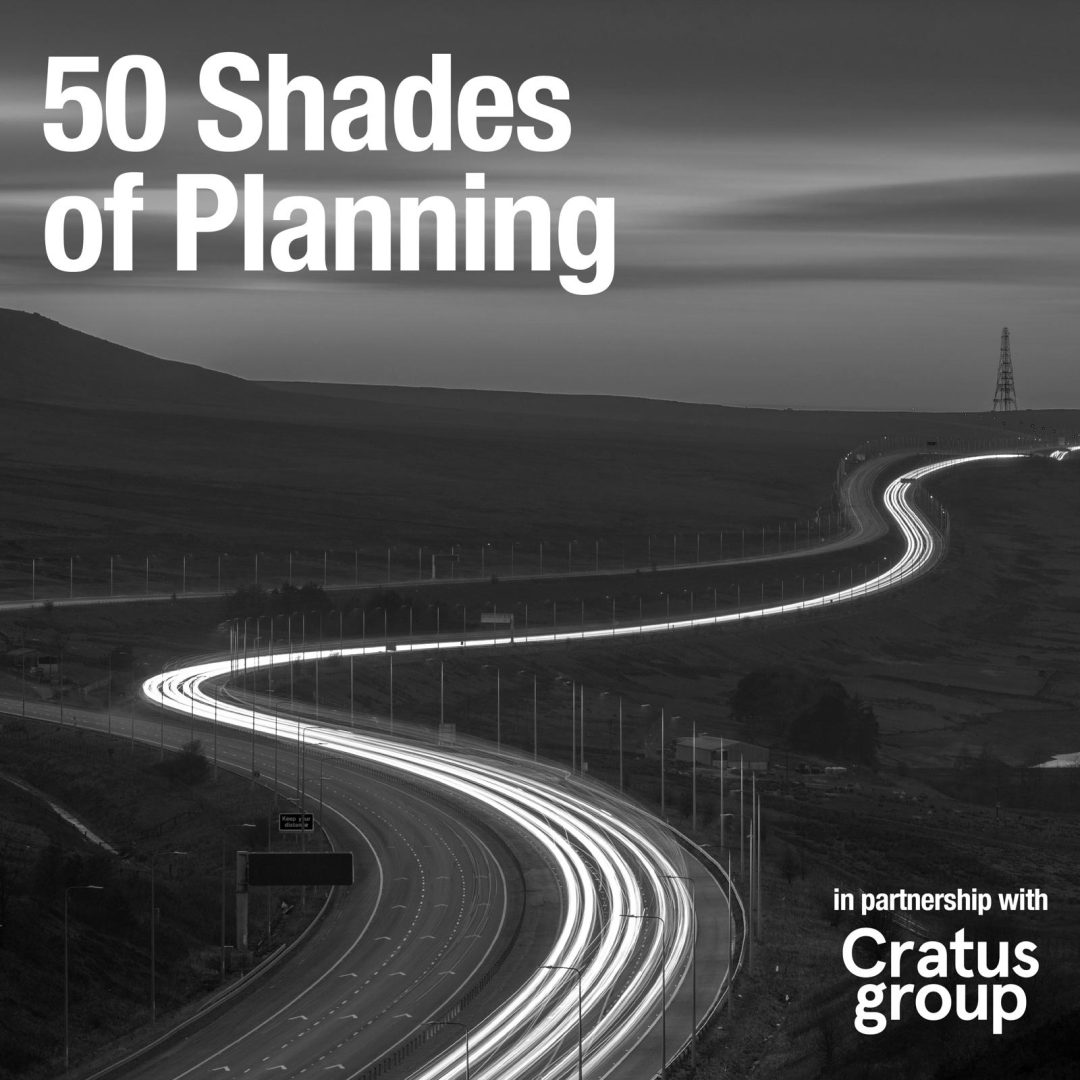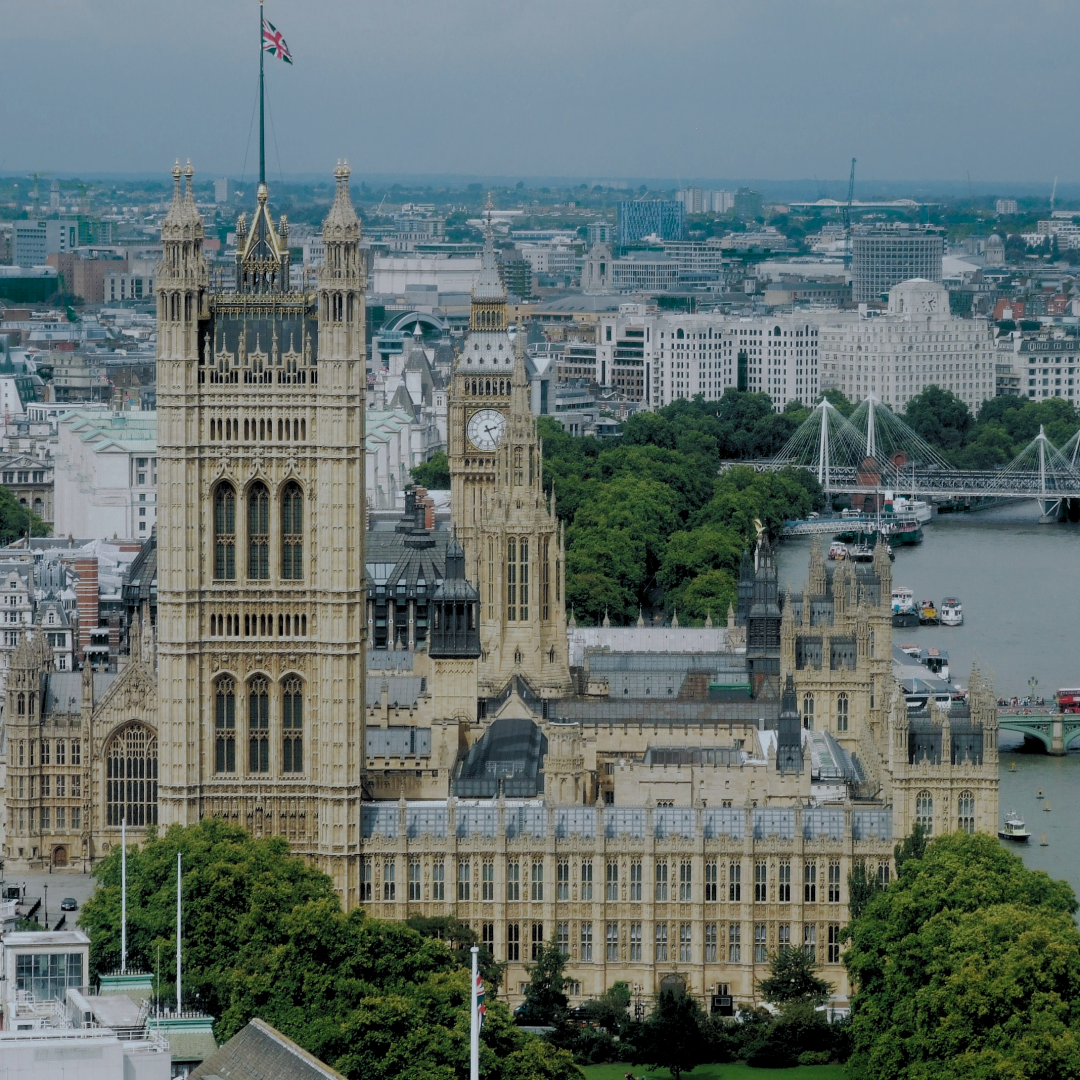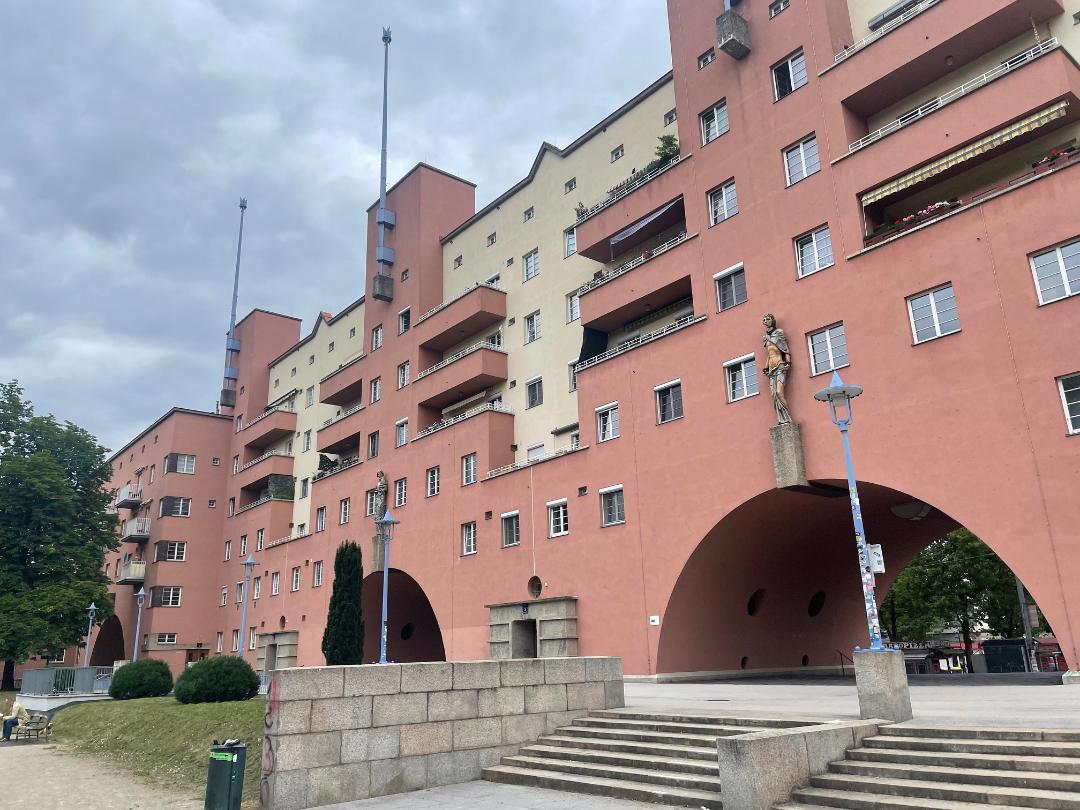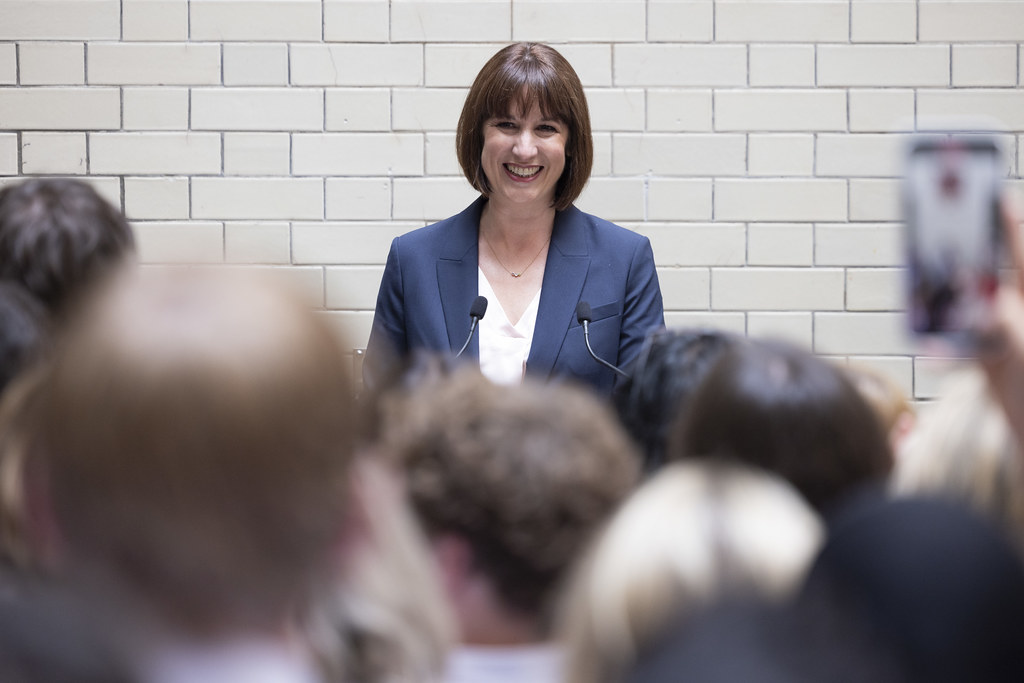Parks for rent
As the summer season wafts into London, I find myself thinking of the Victorians and how, amongst other things (like sewers) they nailed the ‘park life balance’. We still enjoy the parks they either built themselves or those they opened to the public, recognising that open green spaces were important for all. Like many a Londoner I have limited access to private outdoor space, so to the park we go! However, like so many when I get there, I often find there is a private event, a concert, food festival, or even a Tough Mudder taking up a large amount of the space.
Most parks in London have a licence agreement that limits their use to a certain number of days, for example at Brockwell Park in Lambeth they have a limit of 28 days, before seeking planning permission and the royal parks have a stricter limit. These events include things like fairs, Brockwell Live, and All Points East, all popular destinations for London residents and tourists. All of which generate revenue for the council, local parks board and local businesses. But is it worth it?
Whilst it is important that councils look to diversity and generate revenue which can be spent on local services, community group grants and social care – there is a danger that cash strapped councils will look to maximise the commercial use of our parks. Returning to Lambeth, the events department are seeking planning permission (recommended for approval) to increase the temporary use of Brockwell Park from 28 days to 36. The application has received an objection from Brockwell Park Community Partners who are concerned about the additional use of the park and the damage that installation of temporary structures will cause.
Haringey Council and Finsbury Park have recently been in the headlines for the damage done to the park after a Tough Mudder event which has seen sections of the park turned into ‘muddy pits’. Finsbury Park is also the host of Wireless Festival which has received wide criticism for blocking large swaths of public park, polluting the local air with the massive number of generators needed and increased lorry movements. The time and resources taken to restore the park after these events can be huge, extending the time these areas of the park are closed or have restricted access and only for them to be damaged in the same way again the following year.
I think public parks should be kept public and we should be taking a hard look at the environmental and human impacts of restricting access to and damaging our open green spaces for commercial gain.








